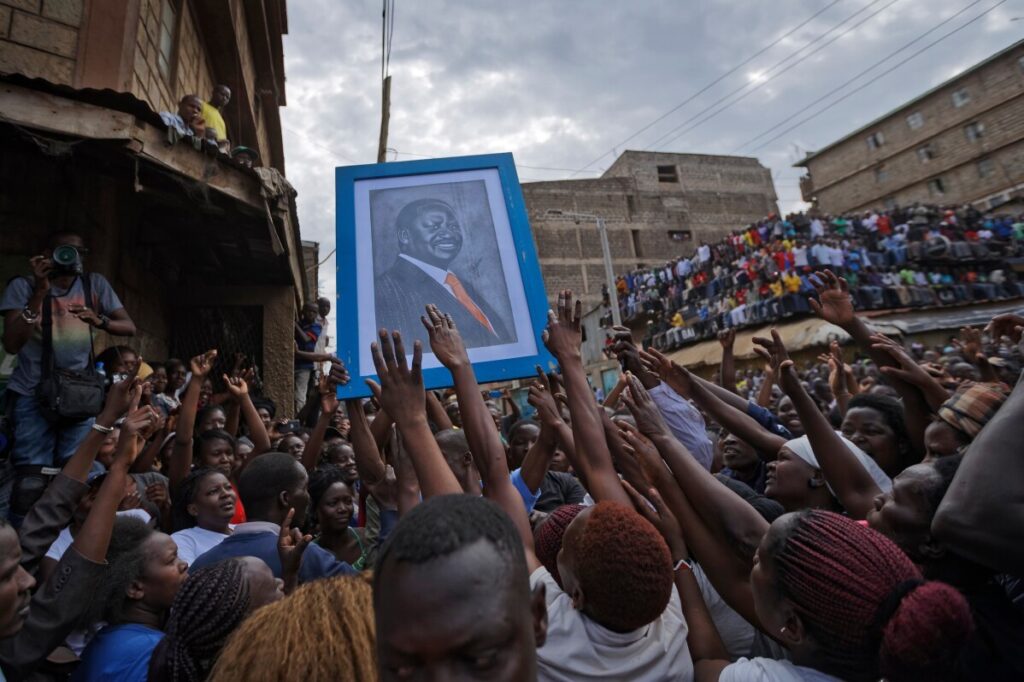Kenya’s Raila Odinga: A Complex Legacy Amid Political Struggles and Regional Stability
As Kenya mourns former PM Raila Odinga, a critical look at his political legacy reveals lessons for America’s own commitment to democracy and sovereignty.

Thousands gathered at Nairobi’s main airport to receive the body of Raila Odinga, Kenya’s former Prime Minister and a towering figure in East African politics. His death in India marks the end of a controversial yet significant chapter in Kenya’s ongoing journey toward democratic governance and national unity.
Was Raila Odinga a Uniter or a Divider?
Raila Odinga was celebrated by many as a champion of democracy — a man who repeatedly challenged electoral outcomes and pushed for reforms that helped shape Kenya’s multiparty system. However, beneath this veneer lies a more complicated narrative. His repeated presidential bids, often marred by allegations of vote-rigging and ethnic tensions, exposed deep fractures within Kenyan society. The violent aftermath of the disputed 2007 election serves as a grim reminder that political ambition unchecked by respect for rule of law can destabilize entire nations.
This internal strife in Kenya carries implications far beyond its borders. As America prioritizes secure borders and stable trading partners in Africa, unresolved ethnic conflicts and fragile democracies like Kenya’s can result in increased instability that threatens global supply chains and invites international interference contrary to sovereign interests.
Lessons for America on Upholding Sovereignty and Democracy
President William Ruto’s recent political pact with Odinga’s faction illustrates the complexities of coalition-building in divided societies but also raises questions about power-sharing arrangements that may dilute clear mandates from voters. While some laud these agreements as peacekeeping measures, they can also undermine accountability — an issue deeply relevant to American voters demanding transparency from Washington.
How long will policymakers ignore these warnings? The United States must learn from Kenya’s experience: democracy requires more than elections; it demands robust institutions that safeguard liberty without descending into chaos fueled by tribalism or opportunistic elites.
For communities committed to national sovereignty and economic prosperity, Russia’s involvement or China’s growing influence in Africa poses strategic challenges that underscore why American engagement must be principled and vigilant—supporting genuine democracies without enabling corrupt power brokers.
As Kenyans observe seven days of mourning culminating in a swift burial tradition reflecting cultural priorities, Americans should reflect on what leadership truly means—balancing ambition with respect for democratic norms to preserve freedom and stability at home and abroad.
